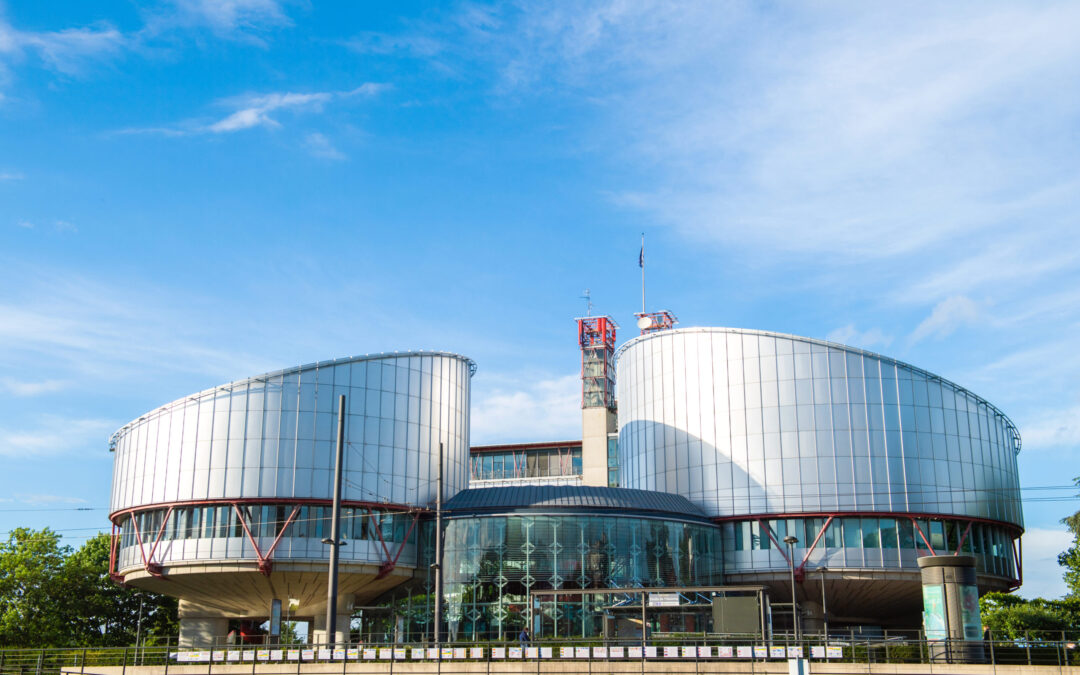
Sep 23, 2021 | News
The International Commission of Jurists (ICJ) and the Swiss Section of the ICJ have submitted a third party intervention before the European Court of Human Rights in a case against Switzerland challenging its lack of sufficient action to prevent climate change and thereby protect human rights.
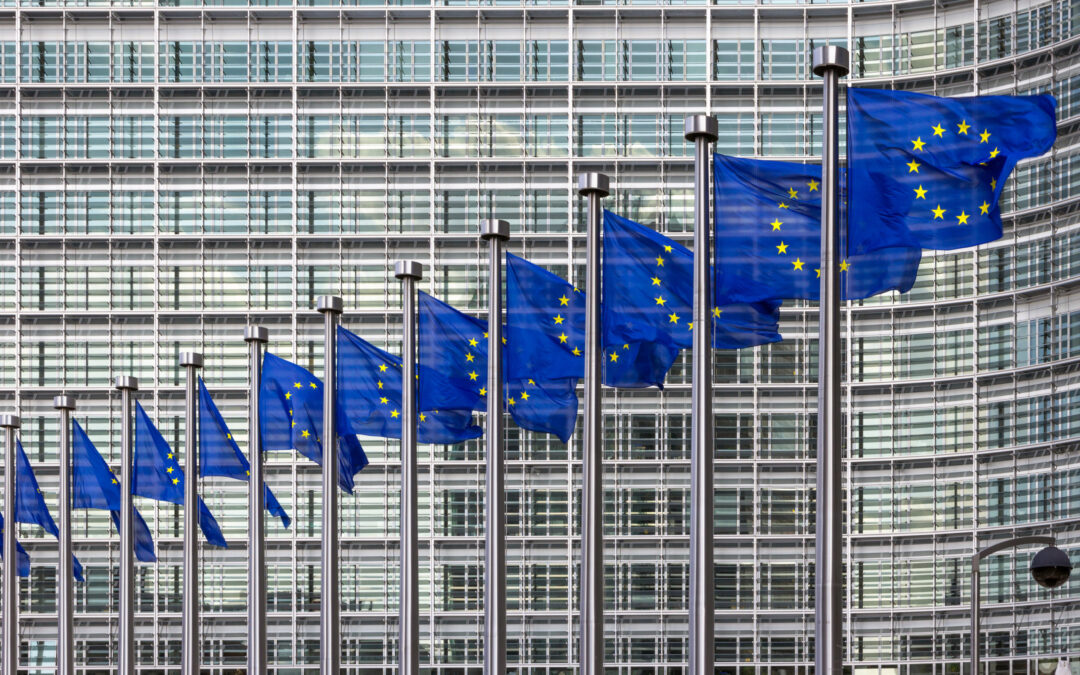
Sep 22, 2021 | News
The European Commission needs to improve its annual rule of law report and the process leading to it, in order to effectively address the rule of law breakdowns in some EU Member States, the International Commission of Jurists (ICJ) said today. It joined 61 other organisations in a joint statement.
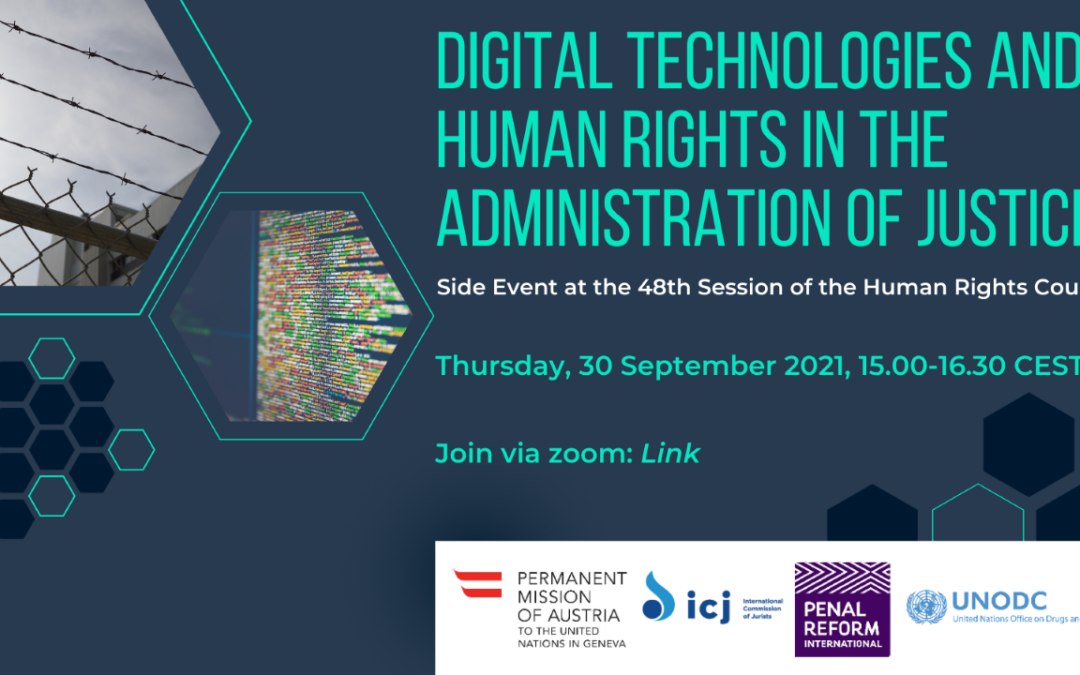
Sep 22, 2021 | Events
The use of digital technologies in the administration of justice has significantly increased over the recent years, a trend that has been further accelerated by COVID-19. Virtual courts, the use of algorithms and smart prisons have the potential to enhance efficiency and accessibility but may also carry adverse human rights impacts. This event will provide an overview of this emerging field and an opportunity to discuss the human rights implications, including concerns around the right to a fair trial, due process, non-discrimination, and equality and equal protection before the law.
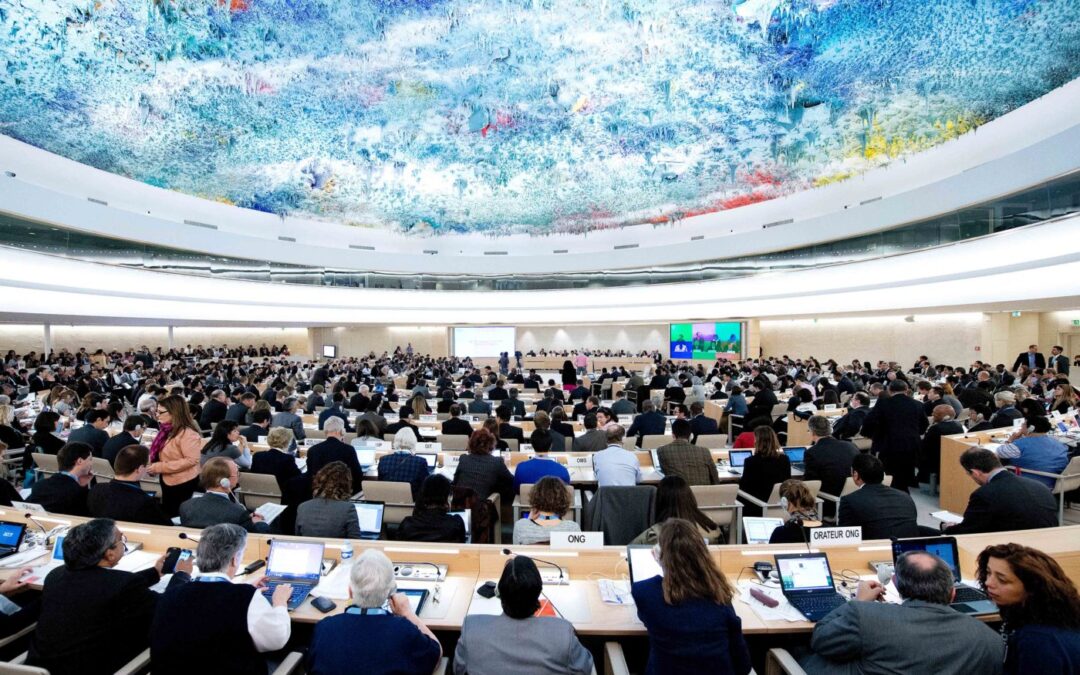
Sep 21, 2021 | News, Work with the UN
United Nations Human Rights Council member states, including Libya, should continue to support the Independent Fact-Finding Mission on Libya by renewing its mandate during its 48th session, which began on September 13, 2021, seven human rights organizations said today.

Sep 18, 2021 | News
The Republic of Korea must immediately release Yang Kyeung-soo, president of the Korean Confederation of Trade Unions (KCTU), who has been held in pre-trial detention since 2 September, the International Commission of Jurists (ICJ) said today.
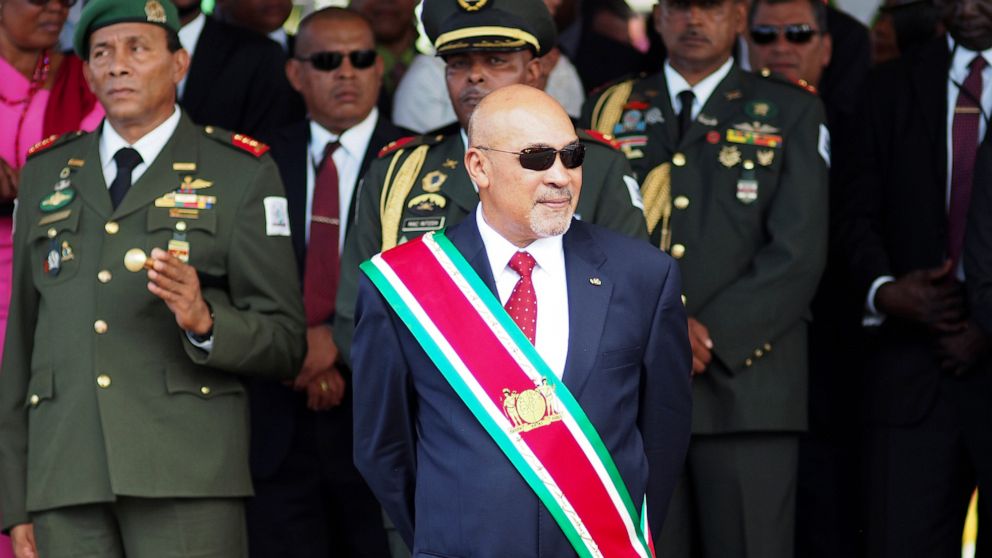
Sep 17, 2021 | News
Today the International Commission of Jurists called for a fair and speedy hearing of the appeal of former president Desiré Delano Bouterse before the Hof van Justitie (the highest court of law in Suriname) following the affirmation by the Krijgsraad (a military court comprised of civilian judges) of his conviction for his role in the extrajudicial killings of 15 political prisoners in 1982.










